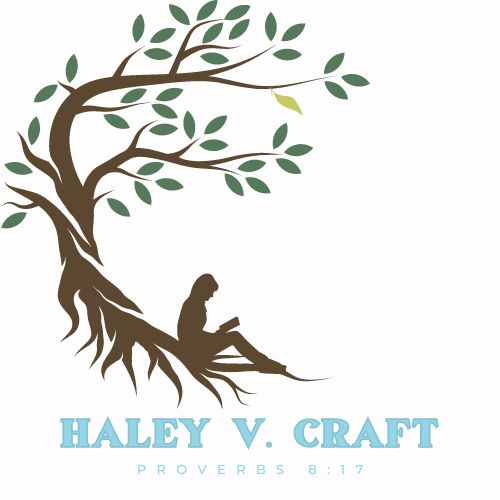Trust in the LORD with all your heart
And do not lean on your own understanding.
In all your ways acknowledge Him,
And He will make your paths straight.
—Proverbs 3:5-6
This year my church’s pastor is leading us through the book of Exodus. Yesterday, we focused on Exodus 2 which is the story of Moses’ birth and early adulthood, and I think there’s an interesting parallel between the first half of the chapter and the second that we can learn from.
Here’s the story. Because the Israelite midwives refused to do what Pharaoh told them to do and kill all the male babies as they were born, he decreed that all Egyptians would throw any male Hebrew baby in the Nile. Then we meet a Hebrew woman who has a baby boy and out of love for him, she defies Pharaoh’s order and hides him for three months.
When she can’t hide him anymore, she covers the inside of a basket with pitch to make it waterproof and puts it in the water near the edge of the river. The baby’s sister stays and watches to see what will happen to him and sees that Pharaoh’s daughter finds the boy. When Pharaoh’s daughter doesn’t throw the child in the river, the sister steps up and asks if she would like her to find a Hebrew to nurse the baby. When Pharaoh’s daughter likes the idea, she goes and gets her mother to nurse her brother.
Fast forward a few years and that boy has grown into a man named Moses who is considered the son of Pharaoh’s daughter. He knows that he’s a Hebrew and is burdened by how his people are being treated. He has a desire to free his people, but he takes things into his own hands and kills an Egyptian who was beating a Hebrew. When his crime becomes known, he flees for his life and ends up spending the next forty years of his life in Midian.
Here’s what I see. Both Moses and his mother were operating in their God-ordained purpose, but one got rewarded and the other got exiled for forty years. Moses’ mother was meant to care for Moses and help raise him so he could be the deliverer of the Hebrews. Moses was meant to be the leader, deliverer, and judge of the Hebrews, but one trusted God and the other took matters into their own hands.
We first see Moses’ mother trust in God when Moses is born and she trusts that God will protect and provide while she defies Pharaoh’s command. Then she demonstrated her faith in God again when she couldn’t hide him anymore. She took Pharaoh’s command to throw all the male children into the Nile and introduced salvation by putting him in a basket. Not to mention the faith it had to have taken to trust that God would save her child from the river.
From the moment she gave birth, Moses’ mother followed God’s law, feared God more than earthly authority, and trusted that He would work things out rather than trying to make everything work out on her own. And the result was that in the end, her son was given back to her for a time, and she was even blessed financially to take care of him.
If we look at how Moses tried to fulfill his purpose, we get a very different picture. Two verses are particularly important. After Moses sees the Egyptian beating the Hebrew, verse twelve says, “So he looked this way and that, and when he saw there was no one around, he struck down the Egyptian and hid him in the sand.”
That’s a pretty uncomfortable verse. It might be more comfortable to think of Moses killing the Egyptian out of a fit of rage, but the fact that he looked back and forth to see if anyone was watching makes it clear that he intended to do this. He intentionally took matters into his own hands, doing what made sense to him to achieve the purpose of delivering a Hebrew from the Egyptians, and killed the man.
A couple of verses later, Moses tries to break up a fight between two Hebrews––a very soon-to-be-judge-of-Israel thing to do. But one of the men replies in verse fourteen, “‘Who made you a prince or a judge over us? Are you intending to kill me as you killed the Egyptian?’” From that moment on through the next forty years, Moses is a fugitive living in exile because he tried to do things his way.
Here’s what I find interesting about Moses’ interaction with the man in the fight. The two roles that the man mentions—prince, or leader, and judge—are two of the roles Moses would later fill. God planned for him to lead and judge His people, but when Moses tried to deliver the people of God in his own power and understanding, those roles were thrown at him in mockery instead of being bestowed in blessing.
This is so convicting to me. As I try to pursue my call to write, I constantly feel like it’s impossible to find the balance between actively working toward what God is leading me to do and still depending on Him. But this chapter in Exodus makes it clear that there are significant consequences that accompany both decisions. So this week, let’s decide to leave room for God in our work. Let’s choose to listen for His guidance and seek His face, trusting that when we do, He will make our paths straight.






0 Comments